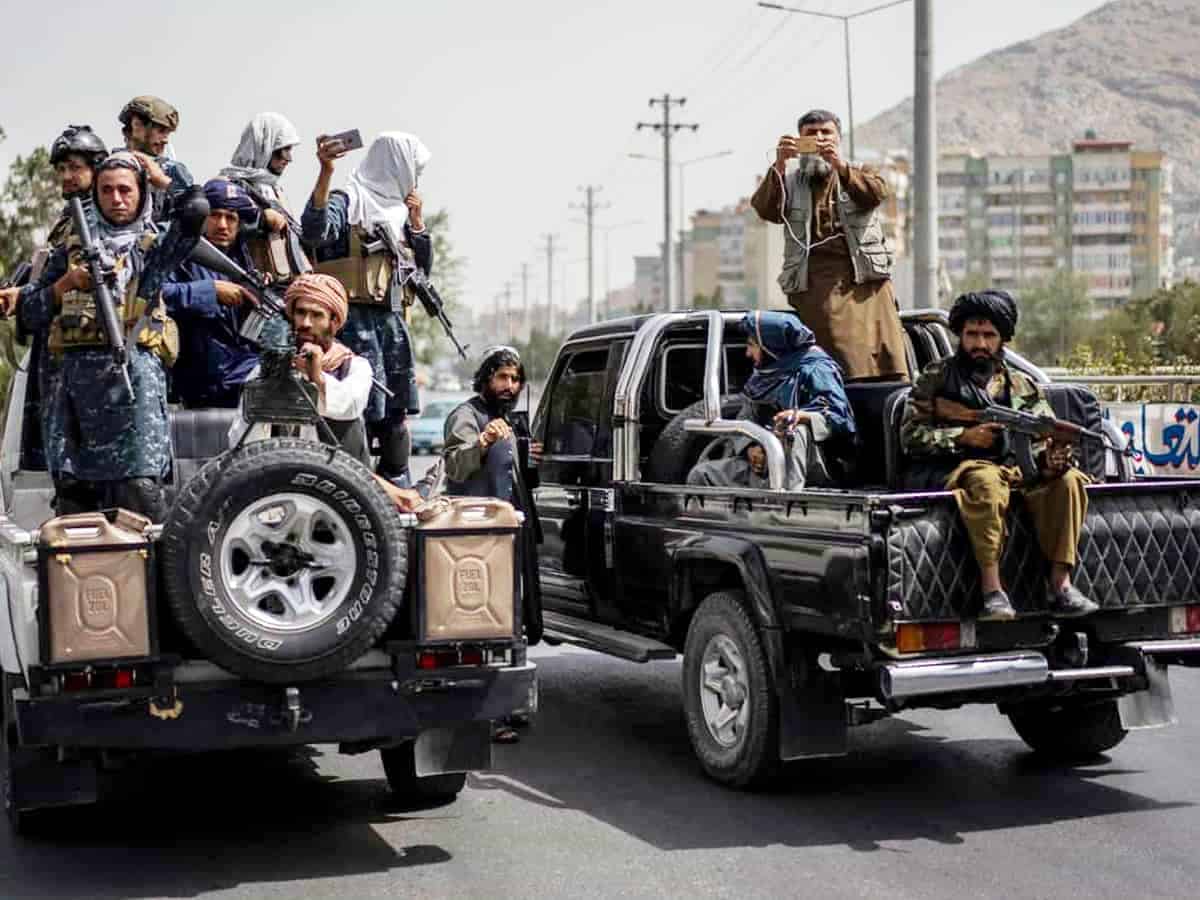
With the enactment of new laws on “vice and virtue” by a government ministry that forbids women’s voices and bare faces from public life, women’s lives in Taliban-ruled Afghanistan have become even more limited, Global News reported.
The Ministry for the “Propagation of Virtue and the Prevention of Vice,” which was founded in 2021 following the Taliban’s takeover of Afghanistan, released the legislation on Wednesday.
That was the year that the military of the United States and other Western nations, including Canada, left the country, leaving a power vacuum that the militant group swiftly filled.
According to The Associated Press, which has reviewed the 114-page document, the new rules encompass many aspects of daily public life. This is the first official statement of “virtue laws” in Afghanistan since the takeover.
On Thursday, ministry spokesman Maulvi Abdul Ghafar Farooq stated, “Inshallah, we assure you that this Islamic law will be of great help in the promotion of virtue and the elimination of vice.” The laws were endorsed by supreme leader Hibatullah Akhundzada the previous day.
Article 13 of the document addresses women, detailing how they should dress and behave in public.
Women are now required to cover their entire bodies, including their faces, in public to prevent temptation and avoid tempting others. As a result, the commonly worn hijab, which covers only the hair and neck without covering the face, is no longer deemed acceptable, Global News reported.
Women are now prohibited from singing, reciting, or reading aloud in public, as a woman’s voice is considered “intimate” and should not be heard. It is not clear whether speaking is also prohibited.
Additionally, the laws state that women are not allowed to look at men who are not related to them by blood or marriage, and vice versa.
Violating these rules could lead to warnings, property confiscation, or detention for up to three days. The ministry has already been implementing similar morality standards and reports having detained thousands for breaches.
Heather Barr, associate director of Human Rights Watch’s women’s rights division, commented, “A lot of these rules were in place already but less formally and now they are being formalized. I think this is a sign of what we’ve been seeing over the last three years which is a steady and gradual escalation of the crackdown.”
These new laws follow the Taliban’s imposition of severe restrictions on women’s freedoms since their takeover. In 2022, the group prohibited women from attending school beyond the sixth grade, whereas previously, women were allowed to attend high schools and universities.
An Afghan woman, who was just a year away from completing her law degree, told Global News last year that she “couldn’t speak for a few minutes” upon learning she would have to forgo her education.
“Home is like jail for us and we will fight until we legalize our basic human rights without any discrimination,” she said.
In 2022, the Taliban also prohibited women from working at non-governmental organizations (NGOs). Another woman who spoke to Global News shared that her family was plunged into poverty after she lost her job at an NGO.
“I am the breadwinner of my family. There are just four persons in my family: me, my sister and my parents. My father is sick now. We don’t have anything in our kitchen to prepare for dinner or our night,” she said. “It’s so hard for me. I don’t know how I can continue my life.”
In addition to the new restrictions on women, the laws passed on Wednesday also prohibit the playing of music, forbid men from shaving their beards, and require adherence to prayer and religious fasts.
The laws mandate that drivers must not transport women without a male guardian, and both passengers and drivers are required to perform prayers at specified times.
Media in Afghanistan are now required to follow Sharia law, which bans the publication of images of living beings, in accordance with the Islamic prohibition against idolatry.
A UN report from last month indicated that the ministry was fostering a climate of fear and intimidation among Afghans through its edicts and enforcement methods.
Fiona Frazer, head of the human rights service at the UN mission in Afghanistan, said, “Given the multiple issues outlined in the report, the position expressed by the de facto authorities that this oversight will be increasing and expanding gives cause for significant concern for all Afghans, especially women and girls.”
The Taliban dismissed the UN report.



